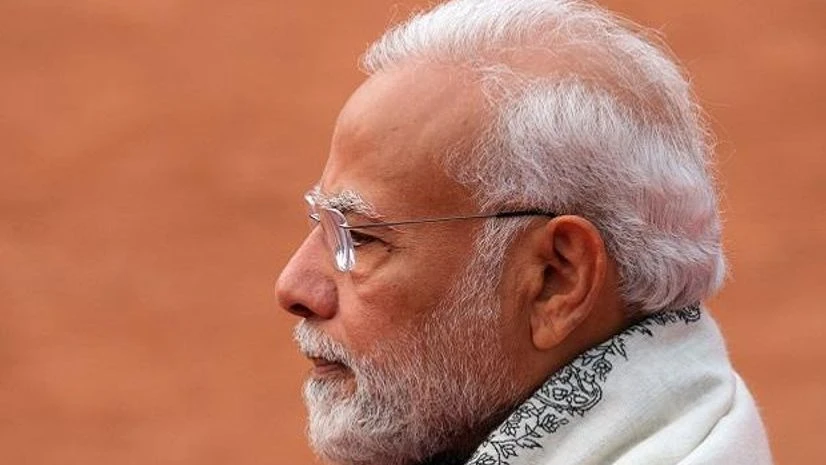By Mihir Sharma
For over a decade, supporters of India’s ruling Bharatiya Janata Party have insisted that the party’s greatest asset is Rahul Gandhi, the leader of the opposition Indian National Congress. Prime Minister Narendra Modi is self-made, they argue, and comes across as deeply engaged with ordinary Indians’ problems. By contrast, Gandhi’s father, grandmother, great-grandfather, and great-great-grandfather all led the Congress Party. He has long been dismissed as a callow youth, unprepared for the leadership role thrust on him by virtue of his name.
So, if Gandhi is such an asset for the BJP, why has he just been thrown out of India’s Parliament? The move looks at first glance to have come straight out of the authoritarian playbook, with a strongman leader deploying the courts to silence and sideline a potentially dangerous rival.
The truth is almost certainly more complicated and more mundane. Overzealous local BJP leaders from Modi’s home state of Gujarat first brought defamation charges against Gandhi after he gave a fiery speech in 2019 implying a link between criminality and the name “Modi.” (A diamond trader named Nirav Modi was then in the news for defrauding banks.)
Then, a local court convicted Gandhi last week and cheerfully sentenced him to two years in jail. While plenty of Indian parliamentarians have charges pending against them, and Gandhi’s conviction will almost certainly be stayed and then overturned by higher courts, anyone facing a prison sentence of two years or longer cannot technically serve as a legislator. India’s Parliament secretariat, which answers again to the BJP, moved at most unusual speed for Indian bureaucrats and disqualified Gandhi within hours of the lower-court verdict.
In other words, no council of BJP elders appears to have met in New Delhi last week and decided Gandhi had become so great of a threat that he needed to be driven out of Parliament. Rather, what this sequence of events illuminates is how unchecked populism can hollow out and undermine the structures of liberal democracy, from courts to legislatures.
More From This Section
The BJP’s leadership is widely believed to be in firm control of India’s political narrative, and rarely makes unforced errors. Disqualifying Gandhi would seem not just unnecessary but counter-productive. The Congress, and the broader opposition, are already claiming that Gandhi’s punchy speeches in Parliament attacking the government for being too close to the besieged Adani Group are responsible for his disqualification. Other opposition parties, many of which strongly distrust the Gandhi-led Congress, have spoken out in support.
India is not the only liberal democracy flirting with illiberalism. What sets it apart is its size and diversity. It’s hard to impose top-down authoritarianism in a country that has more than 20,000 independently appointed judges.
On the other hand, empowered by the political moment, some officials who lean rightward might be encouraged to try out their most extreme and partisan ideas. Others will simply be confident that, if they act in obviously partisan ways even to the extent of undermining their own offices, their careers will not suffer.
For the BJP’s central leadership, up to and including the prime minister, this is a source of danger. What might be called bottom-up illiberalism makes India look like a Hungary- or Russia-style banana republic rather than the “mother of democracies” it claims to be, complicating Modi’s relations with Western leaders he has carefully tried to cultivate over the last decade.
It also makes the prime minister, so conscious about his image, look weak rather than strong. It provokes greater opposition unity, which is the biggest threat to a ruling party that only received 37% of the popular vote in the last election.
Modi himself is more than popular enough already; his government hardly needs to raid foreign news agencies or jail opposition politicians to silence critics. It would make more sense, in fact, for Modi and other BJP leaders to push back against these grassroots excesses, which do them few favors.
Modi’s image has survived and been enhanced by two decades of criticism. Certainly, the power of the Indian state need not be deployed against his detractors. That damages Indian institutions and the quality of Indian discourse — and tarnishes India’s claims to global leadership.
Disclaimer: This is a Bloomberg Opinion piece, and these are the personal opinions of the writer. They do not reflect the views of www.business-standard.com or the Business Standard newspaper

)
